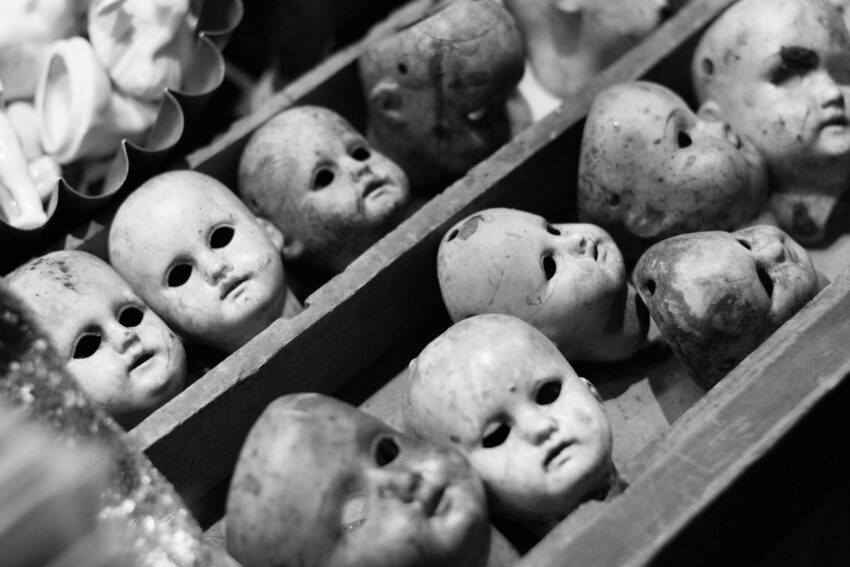
At AboutFace we work according to a strict code of ethics around respect for human life and dignity. We care about the language that we use to talk about facial difference and appearance, and about the emotional, ethical and socio-economic challenges of transplantation. That work and care, takes place within a wider cultural context in which the major themes of our research – facial difference and transplantation – are not always treated with sensitivity or regard for human experience. Indeed, as the founder of Face Equality International and our own Sarah Hall has shown, facial difference is associated with negative personality traits in popular culture; Hollywood “baddies” carry facial scars that mark them out as separate from (and antithetical to) civilised society.
Transplantation is also a subject that has, since its inception, generated considerable public interest and anxiety. Transplanted organs, as historians of literature, film and ethics, have shown, are invested with a wide range of meanings, whether it’s the Hands of Orlac (1924) which an experimental graft gives a concert pianist the hands of a murderer – who continues to murder. Or Face/Off (1997) in which FBI agent Sean Archer (John Travolta) and master criminal Castor Troy (Nicholas Cage) change faces, and with it their entire social and familial identity. Stories of body swapping, organ harvesting and enforced donation have been part of the literary landscape since the 1960s, and these influence, and contribute to, broader social and political concerns about bodies, citizenship, and personhood.
Throughout October, and as an antidote to the casual exploitation of horror narratives around appearance and the limits of the body, we will be reflecting on transplantation narratives in fiction, with a series of fascinating guest blogs: Sara Wasson will be writing about Eyes without a Face (1960), a film that invites audiences to contemplate ‘unbearable and unspeakable’ around transplant ethics; Lauren Stephenson will be writing about The Eye (2002), a film that, like Hands of Orlac, continues the fear of the ‘haunted organ’; and Paddy Adamson will be exploring the Hollywood’s exploitation of spectacles of facial difference. Thank you to all our contributors.
